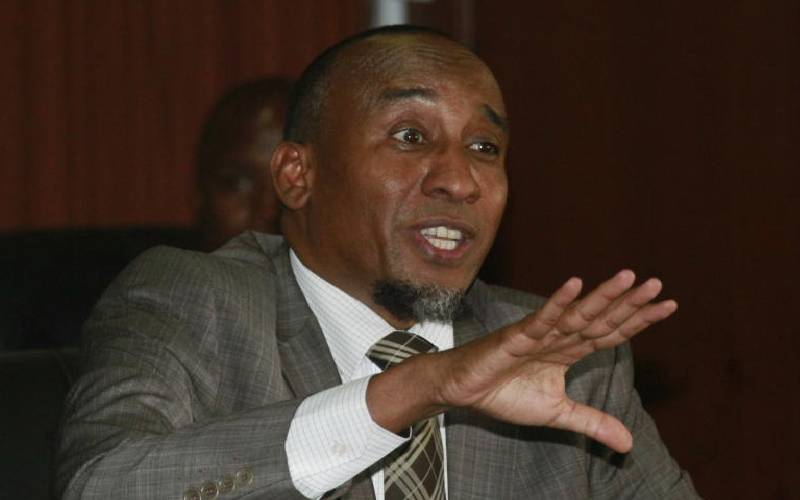×
The Standard e-Paper
Fearless, Trusted News

Kenya Revenue Authority Commissioner in charge of Strategy, Innovation and Risk Management Omar Mohamed in Nairobi. [Boniface Okendo, Standard]
The Government did not follow the due process in the introduction of eight per cent Value Added Tax (VAT) on petroleum products, a parliamentary watchdog has said.